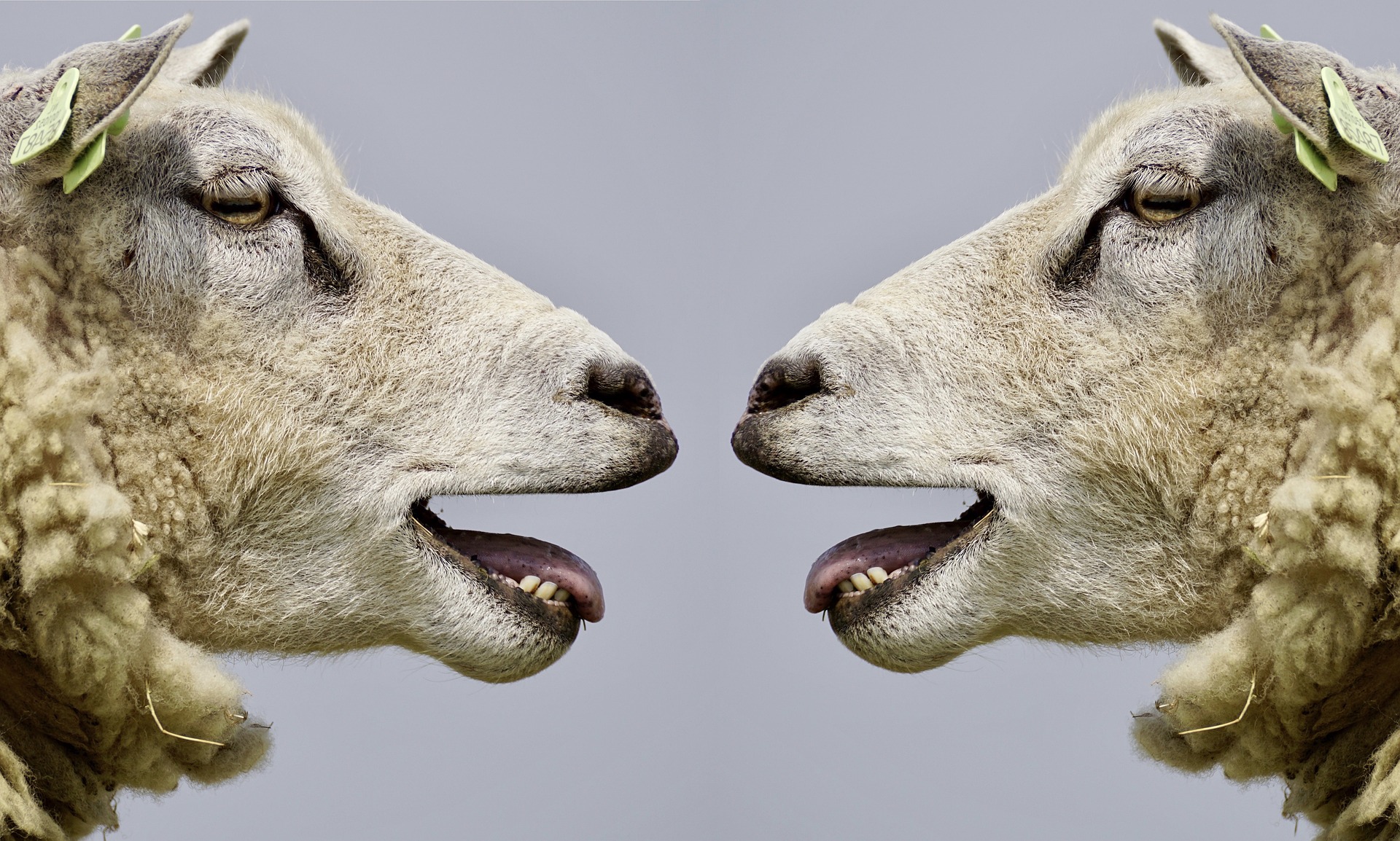Why Debate Environmental Issues?

Engaging in debates can be a powerful tool for children to understand environmental issues more deeply. Here's how debates can contribute to their understanding:
- Research and knowledge acquisition: Before engaging in a debate, children need to research and gather information about the environmental issue they will be discussing. This process encourages them to delve into various sources, study different perspectives, and develop a comprehensive understanding of the topic. They learn to critically evaluate information and develop their research and analytical skills.
- Understanding different viewpoints: Debates expose children to diverse opinions and viewpoints on environmental issues. By actively listening to arguments from both sides, they gain insights into different perspectives, including economic, social, and scientific aspects. This helps them appreciate the complexity and multidimensionality of environmental challenges.
- Critical thinking and reasoning: Debates require participants to think critically and present logical arguments to support their position. Children learn to analyze evidence, evaluate the credibility of sources, and develop sound reasoning skills. They learn to articulate their thoughts clearly, substantiate their claims with evidence, and respond to counterarguments effectively.
- Communication and persuasion: Engaging in debates helps children enhance their communication and persuasion skills. They learn to express their ideas coherently, use persuasive language, and structure their arguments in a compelling manner. By defending their viewpoint and responding to opposing arguments, they develop the ability to express themselves confidently and respectfully.
- Empathy and understanding: Debates foster empathy and understanding as children learn to put themselves in the shoes of others with different opinions. By considering alternative viewpoints, they gain a broader perspective and develop empathy for diverse perspectives. This cultivates tolerance, open-mindedness, and the ability to engage in constructive dialogue.
- Collaboration and teamwork: Debates often involve working in teams, which promotes collaboration and teamwork. Children learn to listen to and respect their teammates' ideas, distribute tasks, and collectively build strong arguments. They develop skills in cooperation, negotiation, and compromise, which are essential for addressing environmental challenges that require collective action.
- Confidence and self-expression: Engaging in debates boosts children's self-confidence and encourages them to express their opinions in a public forum. As they research, prepare, and present their arguments, they develop public speaking skills, overcome stage fright, and gain confidence in presenting their ideas to an audience.
- Reflective learning: After a debate, children can reflect on the experience and evaluate their own performance. They can identify strengths and areas for improvement, learn from their mistakes, and refine their arguments and presentation skills. This reflective learning process enhances their self-awareness and personal growth.
Debates provide a dynamic and interactive platform for children to deepen their understanding of environmental issues. By engaging in research, critical thinking, communication, collaboration, and self-reflection, children develop a comprehensive grasp of environmental challenges and become more informed and engaged citizens who are better equipped to address these issues in the future.
Environmental Issues to Debate
Debating topics on environmental issues
Animal Issues to Debate

Here are ten debates on animal issues that can spark meaningful discussions:
- Animal testing for medical research: Debaters can explore the ethical considerations and scientific benefits of using animals in medical research, weighing the potential for medical advancements against animal welfare concerns and the development of alternative testing methods.
- Zoos and captivity: This debate can delve into the purpose and ethics of keeping animals in zoos and aquariums. Participants can discuss the educational value, conservation efforts, and the psychological and physical well-being of animals in captivity.
- Animal agriculture: Participants can debate the impact of animal agriculture on animal welfare, human health, and the environment. Topics can include factory farming practices, the ethics of raising animals for food, and the promotion of plant-based diets.
- Wildlife conservation and trophy hunting: This debate can examine the role of trophy hunting in wildlife conservation efforts. Participants can discuss whether controlled hunting can contribute to conservation funding and species management or if it poses a threat to endangered species and ecosystems.
- Animal rights and legal protections: Participants can discuss the concept of animal rights and whether animals should have legal protections similar to humans. The debate can explore the ethical considerations of animal sentience, cruelty laws, and the role of animal welfare organizations.
- Animal entertainment: This debate can focus on the use of animals in entertainment industries, such as circuses, marine parks, or animal shows. Participants can discuss the ethical implications of using animals for human entertainment and alternative forms of ethical and educational entertainment.
- Endangered species conservation and reintroduction: Debaters can explore the strategies and effectiveness of conservation programs for endangered species. Topics can include captive breeding, reintroduction efforts, habitat protection, and the balance between species preservation and human interests.
- Animal rights vs. cultural practices: This debate can delve into conflicts between animal rights and cultural practices, such as traditional hunting, whaling, or animal-based festivals. Participants can discuss the preservation of cultural heritage versus animal welfare considerations.
- Exotic pet ownership: Participants can debate the ethics and impacts of owning exotic animals as pets. The discussion can cover issues of animal welfare, habitat destruction, illegal wildlife trade, and the suitability of certain species for captivity.
These debates encourage critical thinking, empathy, and consideration of multiple perspectives on animal-related issues, promoting a better understanding of the complexities surrounding our interactions with animals and their welfare.